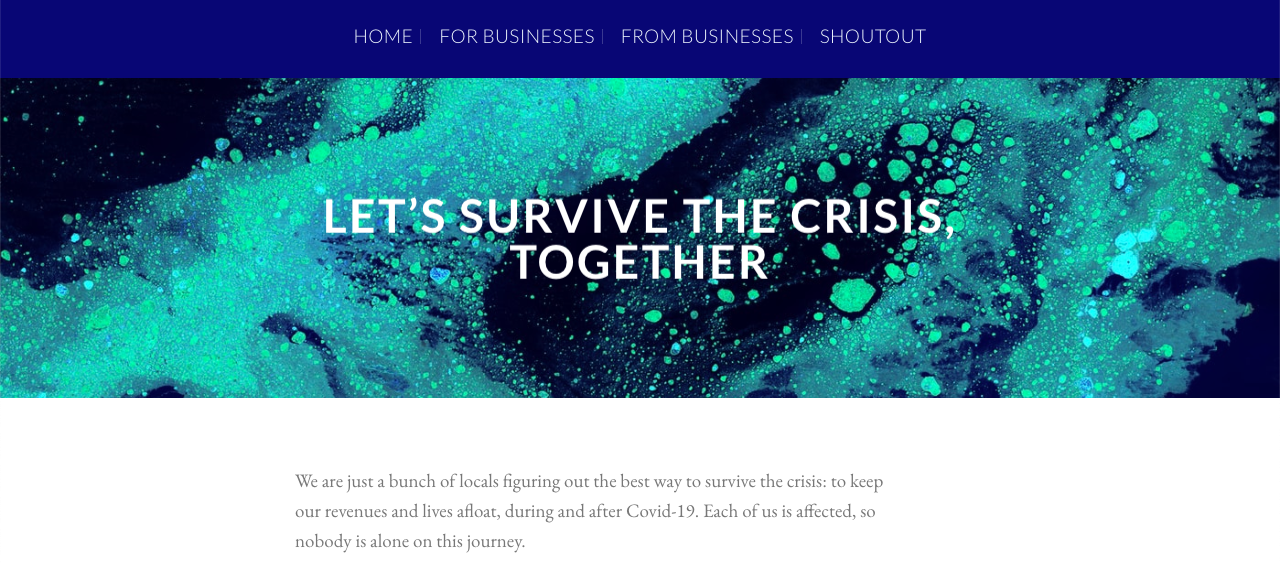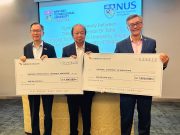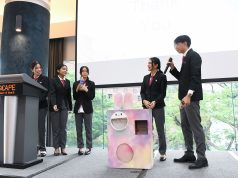(Singapore, June 5, 2020) Much due to a diligent Singaporean entrepreneur, local SMEs can now turn to a new website for various solutions — from gaining a business loan to retaining corporate morale — during the difficult times.
The initiative, called “How to Survive the Crisis”, is a free compilation of tools and resources being offered by stakeholders within the community who want to help start-ups and small businesses tide through the pandemic.
“The government can give you grants, but SMEs don’t depend on the grant to survive,” Rajesh Nair, the founder of employee-management platform Yuvo who launched the initiative, told Fortune Times in an interview today.

In the wake of the COVID-19 crisis, many local businesses are witnessing a significant fall in their business revenues.
According to a recent survey conducted by the French Chamber of Commerce in Singapore, over 60% of the companies in Singapore have been severely disrupted by COVID-19, due to factors such as plunging sales and staff shortages.
Most of these are small businesses that may not have the resources to tide through this trying period.
Nair said their pain points, which are not restricted to financial issues, resonate strongly with him.

“HR is facing a scenario that employees no longer sit in the office… because of this crisis, people have increased levels of stress and fatigue. HR needs to know it quickly and get them right,” said Nair, who has more than 20 years of running human resource businesses in the island country.
He said that some local companies had initiated group activities, such as group Yoga and group cooking, in front of the screens to address this issue. However, it remains a challenge for bosses to know their staff’s real feelings through such virtual communication.
According to a recent survey conducted by researchers at King’s College London and Ipsos MORI, some 60% of people in the UK say they’ve experienced worse sleep since the lockdown. Half of the respondents said their sleep has been more disturbed than usual, and nearly 40% said they had slept fewer hours per night on average.
“People need to know other families and their cultures,” Nair added, noting that he hopes both employers and employees to benefit from his new initiative besides the Government’s progressive support.
Today, Deputy Prime Minister Heng Swee Keat wrapped up the debate on the Fortitude Budget — the fourth tranche of relief measures to the COVID-19 outbreak in Singapore, which costs the Government $33 billion and provides support for local businesses and workers to adapt, transform and seize new opportunities.
So far, the Singapore government’s COVID-19 support packages have come to a total of nearly S100 billion, almost 20% of the Republic’s GDP.
SMEs are the bedrock of the Singaporean economy, contributing nearly half of Singapore’s GDP and employing two-thirds of our local workforce. Those who need help island-wide may log onto the How to Survive the Crisis website for free assistance.





































